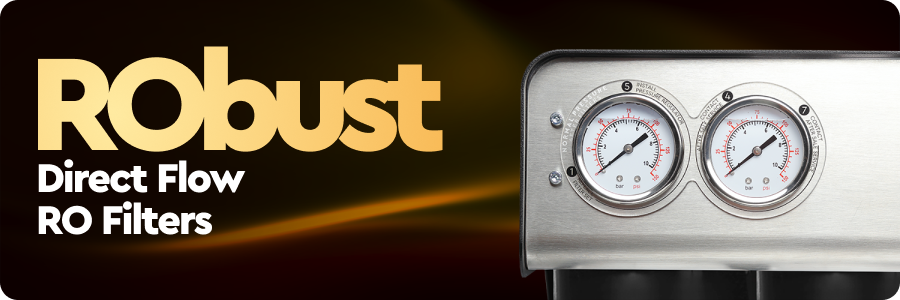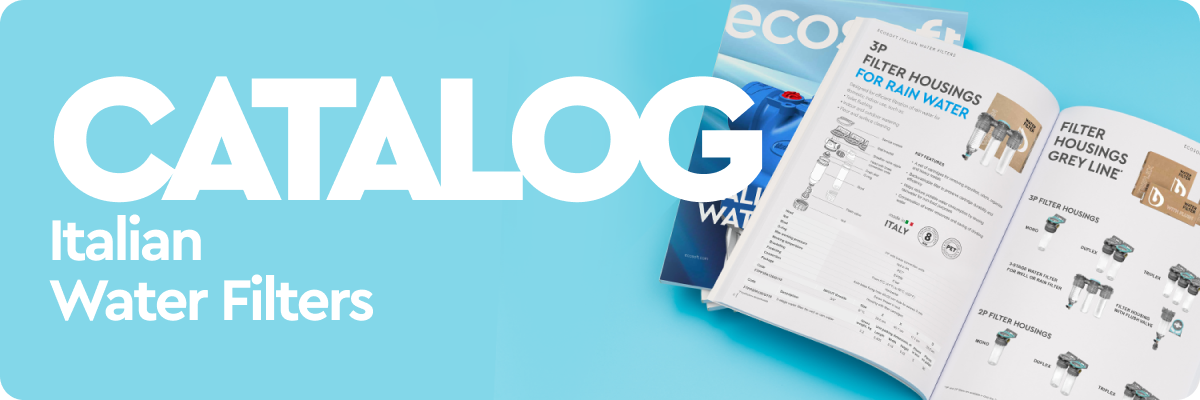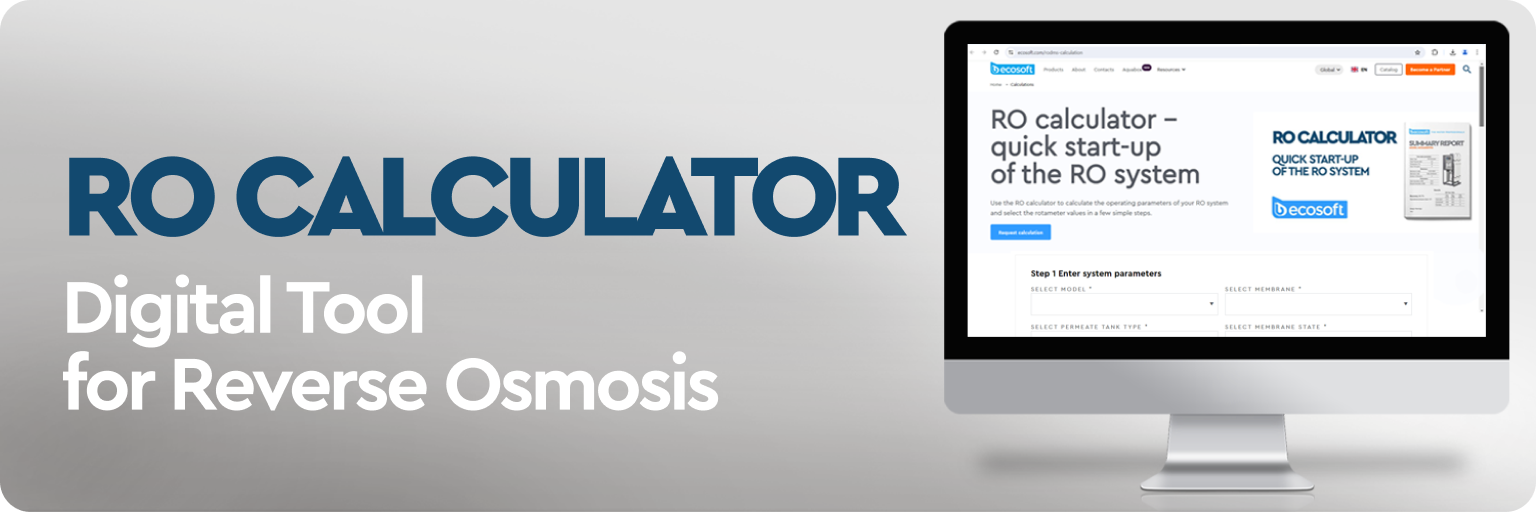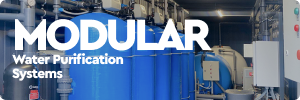Water quality is a crucial aspect of our daily lives, as it directly impacts our health and the functionality of our household systems. One important parameter to consider is water hardness. Hard water, characterized by high levels of calcium and magnesium, can have significant implications for various applications. In this article, we will explore the concept of water hardness, the reasons for measuring it, the methods used for measurement, the negative effects of hard water, and possible solutions for softening water.
What is Water Hardness?
Water hardness refers to the concentration of dissolved minerals, primarily calcium and magnesium, in water. These minerals are acquired as water percolates through rocks and soil, dissolving and accumulating various substances along the way. The hardness of water is typically categorized as either temporary or permanent. Temporary hardness is caused by the presence of bicarbonates of calcium and magnesium, which can be removed by boiling the water. Permanent hardness, on the other hand, is caused by the presence of non-carbonate minerals and cannot be removed through boiling.
Why Measure Water Hardness?
Measuring water hardness is essential for various reasons. Firstly, it helps determine the quality of water for specific applications. For example, water hardness is a critical factor in determining the suitability of water for industrial processes, such as manufacturing, brewing, and agriculture. Additionally, measuring water hardness provides valuable information for homeowners to assess potential issues related to plumbing, appliance efficiency, and personal care.
How is Water Hardness Measured?
Water hardness is measured in terms of the concentration of calcium carbonate equivalents, expressed as milligrams per liter (mg/L) or parts per million (ppm). The most common method for measuring water hardness is the titration test. This test involves adding a soap solution to a water sample until a lather is formed. The amount of soap required to form the lather indicates the hardness of the water. Another method involves using test strips or electronic meters specifically designed to measure water hardness.
Negative Effects of Water Hardness:
Hard water can have several negative effects. One notable issue is the formation of scale or mineral deposits in plumbing pipes, water heaters, and appliances. Scale buildup can reduce the efficiency and lifespan of these systems, leading to increased energy consumption and potential damage. Moreover, hard water can interfere with the effectiveness of soaps and detergents, reducing lathering and cleaning capabilities. This can result in the need for increased detergent usage and subpar cleaning results. Additionally, hard water can affect the quality of personal care, leaving a residue on the skin and hair, causing dryness and irritation.
How Does Water Hardness Affect Water Quality?
Water hardness leads to the formation of scale or mineral deposits in plumbing systems and household appliances, reducing the irefficiency and longevity. Moreover, hard water diminishes the effectiveness of soaps and detergents, resulting in less satisfactory cleaning outcomes and potentially increased detergent usage. Beyond household concerns, hard water residues on skin and hair can cause dryness and irritation, affecting personal care routines.
How to Soften Water?
To soften hard water, several methods are available:
- Ion Exchange Water Softeners: This method involves the use of a water softener system, such as the Ecosoft HRC RobustMini, which exchanges calcium and magnesium ions with sodium ions through a process called ion exchange. This effectively reduces the hardness of the water and prevents scale buildup.
- Reverse Osmosis Systems: Reverse osmosis (RO) systems, such as the Ecosoft MO12000, use a semi-permeable membrane to remove dissolved minerals and impurities from water. This process results in soft and purified water suitable for various applications.
- Chemical Water Softening: Chemicals such as lime or sodium carbonate can be added to hard water to precipitate calcium and magnesium ions, reducing water hardness. However, this method may not be suitable for all applications and requires careful monitoring to prevent over-treatment.
- Whole-House Filtration: Installing a whole-house water filtration system, like the Ecosoft Aquapoint Standard Whole-House Filter on Metal Rack, can effectively remove mineral content and impurities, providing softened water for the entire household.
The importance of hardness of water manifests in its significant influence on various aspects of our daily lives. Monitoring and managing water hardness levels are crucial to ensure the efficient functioning of plumbing systems, appliances, and personal care routines. By employing methods such as ion exchange water softeners, reverse osmosis systems, chemical water softening, or whole-house filtration, it is possible to mitigate the negative effects of hard water and enjoy the benefits of soft, high-quality water throughout the home.
FAQ
Wat is waterhardheid?
Waterhardheid verwijst naar de concentratie mineralen, vooral calcium- en magnesiumionen, in water. Het is een maat voor het vermogen van het water om schuim te vormen met zeep. Hard water bevat hoge concentraties van deze mineralen, terwijl zacht water lagere concentraties bevat. Waterhardheid is een belangrijke parameter voor de waterkwaliteit die verschillende effecten kan hebben op sanitaire systemen, apparaten en dagelijkse activiteiten.
Hoe wordt waterhardheid gemeten?
Waterhardheid wordt meestal gemeten in milligrammen per liter (mg/L) of delen per miljoen (ppm) calciumcarbonaat (CaCO₃). Deze meting staat bekend als de totale hardheid. Het kan worden bepaald door laboratoriumanalyse of door het gebruik van testkits die onmiddellijke resultaten geven. De hardheid wordt vaak gecategoriseerd als zacht (minder dan 60 mg/L), matig hard (60-120 mg/L), hard (120-180 mg/L) of zeer hard (meer dan 180 mg/L).
Wat zijn de gevolgen van hard water?
Hard water kan verschillende effecten hebben op het dagelijks leven. Het kan leiden tot de vorming van kalkaanslag op armaturen, apparaten en leidingsystemen, waardoor ze minder efficiënt worden en minder lang meegaan. Hard water kan ook het schuimvermogen van zeep en schoonmaakmiddelen verstoren, waardoor grotere hoeveelheden nodig zijn om het gewenste reinigingseffect te bereiken. Daarnaast kan hard water vlekken en strepen achterlaten op serviesgoed en glaswerk als het opdroogt, waardoor het er minder mooi uitziet.
Kan waterhardheid worden behandeld?
Ja, waterhardheid kan worden behandeld om de effecten ervan te verminderen. Waterontharding is een veelgebruikte methode om calcium- en magnesiumionen uit water te verwijderen. Hierbij wordt gebruik gemaakt van ionenwisselaarhars of waterontharders op basis van zout die de calcium- en magnesiumionen vervangen door natriumionen. Andere methoden zoals omgekeerde osmose en kalkontharding worden ook gebruikt om waterhardheid aan te pakken. De keuze van de behandeling hangt af van de specifieke hardheidsgraad, het budget en andere factoren.


.jpg)
.png)


.png)


.png)
.png)
.png)
.png)











